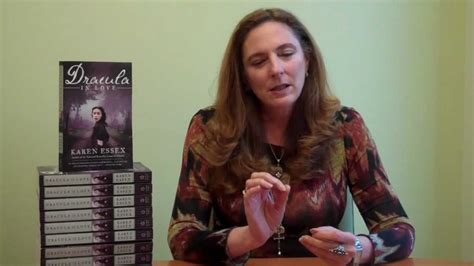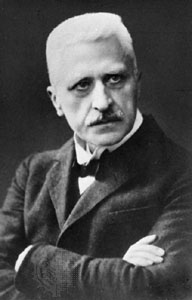A Quote by Blaise Pascal
The charm of fame is so great that we like every object to which it is attached, even death.
Related Quotes
All of our miseries are nothing but attachment. Our whole ignorance and darkness is a strange combination of a thousand and one attachments. And we are attached to things which will be taken away by the time of death, or even perhaps before. You may be very much attached to money but you can go bankrupt tomorrow. You may be very much attached to your power and position, your presidency, your prime ministership, but they are like soap bubbles. Today they are here, tomorrow not even a trace will be left.
Our misery comes, not from work, but by our getting attached to something. Take for instance, money: money is a great thing to have, earn it, says Krishna; struggle hard to get money, but don't get attached to it. So with children, with wife, husband, relatives, fame, everything; you have no need to shun them, only don't get attached. There is only one attachment and that belongs to the Lord, and to none other.
I love celebrities, and I love the concept of fame, but it took me getting fame to realize that it doesn't exist, which was kind of a bummer. Fame is great if you're not famous, because it seems like this elusive impossible dream world. And it's not. It's a fancy word that managers and producers make up so they can keep hawking you for more money.
The daemonic-divine object may appear to the mind an object of horror and dread, but at the same time it is no less something that allures with a potent charm, and the creature, who trembles before it, utterly cowed and cast down, has always at the same time the impulse to turn to it, nay even to make it somehow his own.
Be sure the safest rule is that we should not dare to live in any scene in which we dare not die. But, once realise what the true object is in life ? that it is not pleasure, not knowledge, not even fame itself, 'that last infirmity of noble minds' ? but that it is the development of character, the rising to a higher, nobler, purer standard, the building-up of the perfect Man ? and then, so long as we feel that this is going on, and will (we trust) go on for evermore, death has for us no terror; it is not a shadow, but a light; not an end, but a beginning!
What we put into every moment is all we have. You can drug yourself to death or you can smoke yourself to death or eat yourself to death, or you can do everything right and be healthy and then get hit by a car. Life is so great, such a neat thing, and yet all during it we have to face death, which can make you nuts and depressed.
Ideally, nothing should be embraced by a consumer firmly, nothing should command a commitment till death do us part, no needs should be seen as fully satisfied, no desires considered ultimate. There ought to be a proviso 'until further notice' attached to any oath of loyalty and any commitment. It is but the volatility, the in-built temporality of all engagements that truly counts; it counts more than the commitment itself, which is anyway not allowed to outlast the time necessary for consuming the object of desire (or, rather, the time sufficient for the desirability of that object to wane).
An unfinished coffin on black tressels, which stood in the middle of the shop, looked so gloomy and death-like that a cold tremble came over him, every time his eyes wandered in the direction of the dismal object: from which he almost expected to see some frightful form slowly rear its head, to drive him mad with terror.










































